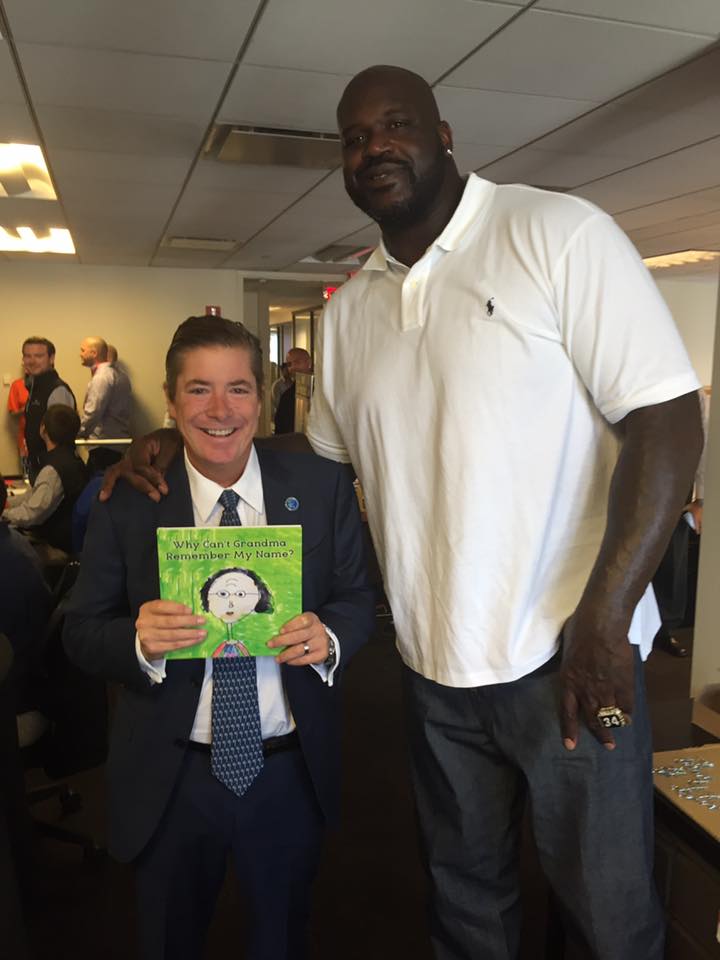News
Brother Karosen recalls the days after 9/11
Q: What kind of influence has the fraternity had on your life since graduation?
Kent: I haven’t really relied on the alumni. I would say that I gained two strong friends. Also, being part of the fraternity taught me a lot; the concept of team work has really served me well. You can work alone, but together you get more done, more efficiently.
Q: With whom have you stayed in contact? Who would you most like to find?
Kent: John Nogay and Mark Allison. I would love to come back for a reunion.
Q: What other organizations and activities were you involved in during your college days?
Kent: Student Council Treasurer, Scuba Club assistant instructor, and the golf team during my freshman year.
Q: Did you live in the house and if so, with whom?
Kent: I lived in Division sophomore through senior year, no roommates.
Q: Did you hold any positions while you were an active?
Kent: Elected as sophomore to assistant treasurer, and became treasurer during that year and I remained in that position through first semester of senior year.
Q: What do you do for a living?
Kent: Run my own business doing special situation consulting and lobbying the federal government. I am also still managing director and Partner at Cantor Fitzgerald.
Q: What affiliations do you currently have and/or public service do you participate in?
Kent: I am on the Executive Committee of the board of trustees of the Intrepid Museum. I am also on the board of the Mike Stern Parkinson Foundation – our head researcher for the foundation, Doctor Paul Greenguard, won the Nobel Prize in medicine in 2000.
Q: What hobbies do you enjoy?
Kent: Golf, Scuba diving, and running. I used to be chunky in school, but that turned around when I made a bet with a friend who said I wouldn’t be able to run in the New York marathon in 1996, so I got in shape and proved him wrong.
Q: What are your goals for the next few years?
Kent: Help Cantor Fitzgerald grow. Also, I’d like to continue to grow my own business. As part of my work at the Intrepid Museum, I help with the Heroes Fund, which takes care of soldiers and marines that are injured in the line of duty. I’d like to make sure they have funds after retirement.
Q: What was the impetus for starting your own company?
Kent: While working at Cantor Fitzgerald (12 years) and after helping the firm rebuild after 9/11, I realized that I needed to take a step back.
Q: Tell us about your role in assisting families affected by 9/11.
Kent: Immediately after 9/11, I was in contact with Howard Lechnik and I helped to set up a make-shift center at his house. Everyone in the office passed away in the 9/11 attacks. I helped to set up a family crisis center by 11:15 a.m. the next day and I ran the center for seven days, all day long getting counselors and religious advisors, posttraumatic counselors. Howard decided to donate 25 percent of profits that year to the families, which exceeded $180 million.
Q: What advice can you offer the current actives?
Kent: Work Hard, play hard and remain friends.

